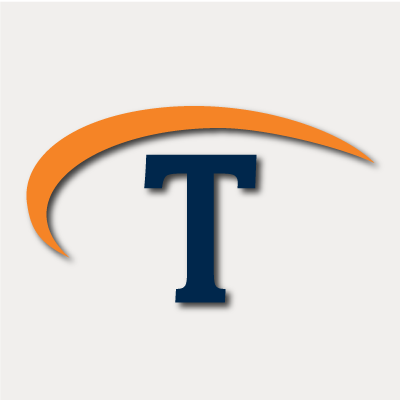Confidentiality, integrity and availability represent the three legs of the CIA Triad, a framework that defines the core principles for information security. Since the model was introduced in 1977, cybersecurity professionals around the world have relied on it to guide decisions about how to best protect data, systems and networks.
Many experts believe it is high time for an update, but it still offers valuable insight. Some argue that the “integrity” component has increased in importance amid ransomware and other attacks that modify data.
The world of information security has changed dramatically over the past five decades. Nevertheless, the three principles continue to play a role in the design and implementation of effective security measures. Confidentiality refers to the protection of sensitive data from unauthorized access or exposure. Integrity is about ensuring data remains accurate and unaltered by unauthorized parties or processes. Availability focuses on making data and services consistently accessible to authorized users.
Here are a few of the technologies, tools and management practices that organizations commonly employ when following Triad guidance:
Confidentiality
- Encryption is among the fundamental tools for protecting sensitive information from unauthorized access, as are robust authentication methods such as multi-factor authentication (MFA), biometric verification, smart cards and security tokens.
- Access control mechanisms such as role-based access control (RBAC) and mandatory access control (MAC) are also essential for limiting who can access specific data and resources.
- Intrusion detection and prevention systems (IDPS) help identify and thwart unauthorized access attempts.
- Secure data storage solutions such as encrypted databases and file systems are important for protecting data at rest.
- Employee training helps ensure staff is familiar with risk factors and how to guard against them.
Integrity
- Data validation and verification tools help ensure that incoming data is accurate and has not been tampered with during transmission or processing.
- Hashing algorithms generate fixed-length hash values that act as digital fingerprints for data, making it possible to detect any unauthorized changes or tampering.
- Digital signatures authenticate the origin of data and guarantee its integrity.
- Secure backup and version control systems allow organizations to restore previous versions in case of corruption or unauthorized changes.
- Continuous monitoring helps security teams identify and respond to any anomalies or security breaches that may compromise data integrity.
Availability
- Monitoring tools and performance analysis software can proactively detect issues and performance bottlenecks that could impact availability.
- Load balancing solutions distribute network traffic evenly across multiple servers to prevent overload and ensure consistent access.
- High-availability clustering groups multiple servers to enhance fault tolerance and resilience.
- Redundancy is also a key strategy, using duplicate hardware, network connections and data centers to mitigate single points of failure.
- Finally, backup and disaster recovery systems help organizations quickly recover from data loss or system failures to maintain availability.
While the CIA Triad provides invaluable guidance, experts argue that it should be updated or expanded to better address the evolving technology landscape. A key criticism is that it is almost entirely focused on securing data assets held within an organization’s systems. The original triad may not sufficiently protect increasingly distributed and cloud-connected systems.
Additionally, cyber threats have evolved significantly since the ‘70s. The original triad may not adequately address threats such as advanced persistent threats, zero-day vulnerabilities and nation-state cyberattacks. As a result, more organizations are incorporating elements of other security frameworks such as AAA (authentication, authorization and accounting) and DIE (distributed, immutable and ephemeral).
The cybersecurity pros at Technologent are well-versed in these and many other security frameworks. Contact us to learn more about the latest guidance for safeguarding your data and systems.
Tags:
Cybersecurity
December 15, 2023
Comments